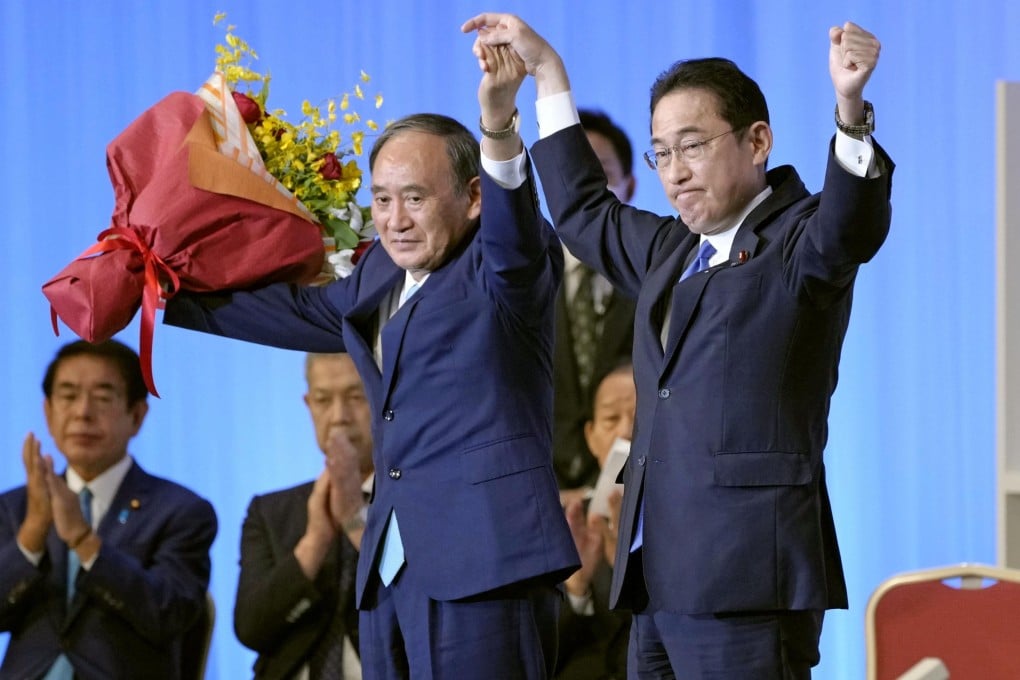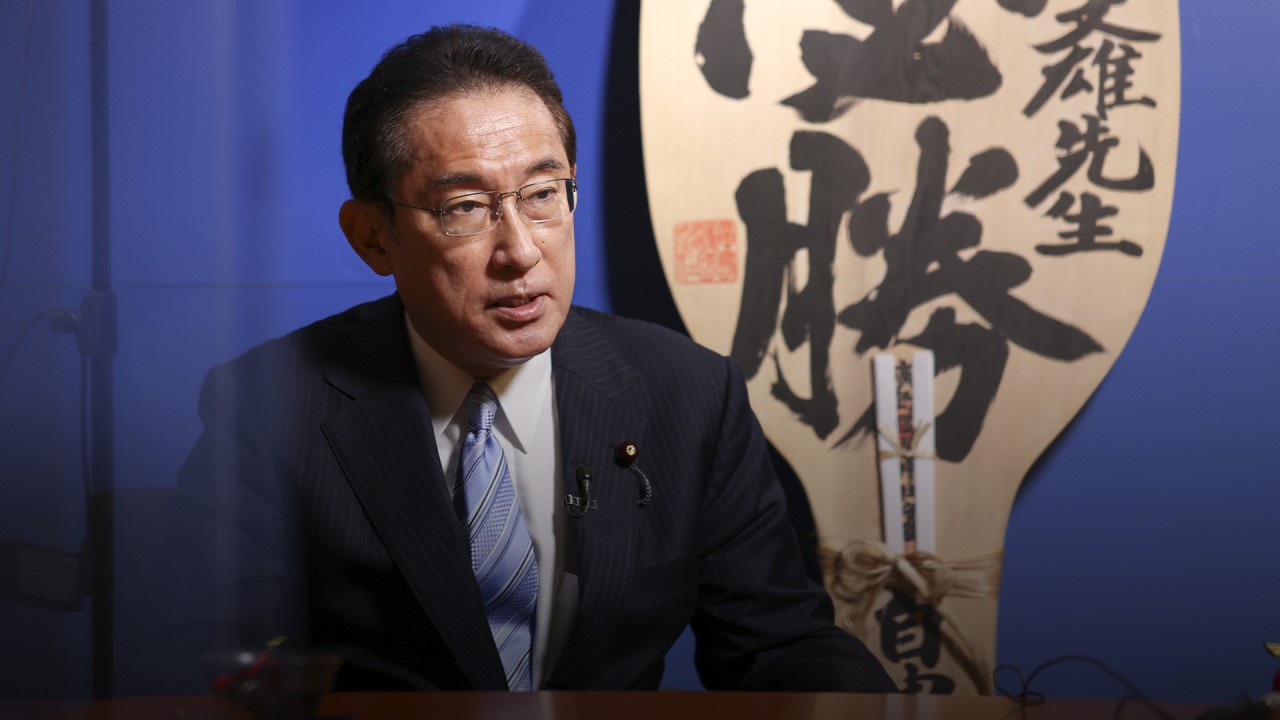Advertisement
Opinion | Why Japan will take a more China-friendly turn after its general election
- Expect Fumio Kishida to take a more progressive approach to issues around Japan’s sluggish economy and foreign affairs
- Enacting his policies will require greater trade and investment, and he is likely to look to China for both once his election victory is secured
Reading Time:3 minutes
Why you can trust SCMP
4

Fumio Kishida has only been Japanese prime minister since October 4. Even so, he is already preparing to win a general election on October 31 as the House of Representatives’ term expires.
Internal politics in the Liberal Democratic Party (LDP) is brutal, with many politicians focusing only on holding onto their seats, with little regard for ideology and policy. As such, Kishida has appointed people to several senior posts within the LDP and assembled his cabinet to win the upcoming election.
For Japan to embark on Kishida’s policies, it will take greater investment and trade. He will quietly look to China for both, even if the language used might be challenging at times. Instead of acting like US President Joe Biden, Kishida will need to work with China.
First, Kishida needs to quickly compile a large supplementary budget to help Japan’s economy deal with the effects of the Covid-19 pandemic, which his predecessor Yoshihide Suga failed to do. He must also outline his economic policy and how he plans to address the negative effects of neoliberalism and support low-income people.
Former prime minister Shinzo Abe – a supporter of Kishida’s during the LDP election – tried to revamp the Japanese economy through his “Abenomics” approach. His plan had three “arrows” of bold monetary policy, flexible fiscal policy, and a growth strategy that encouraged private investment.
The Nikkei stock index tripled and reached a 30-year high during Abe’s tenure, which ran from December 2012 to September 2020. Japan’s problems with chronic deflation eased during that time, while unemployment fell from 4.3 per cent in 2012 to 2.4 per cent in 2019, the lowest since 1992.
Advertisement

